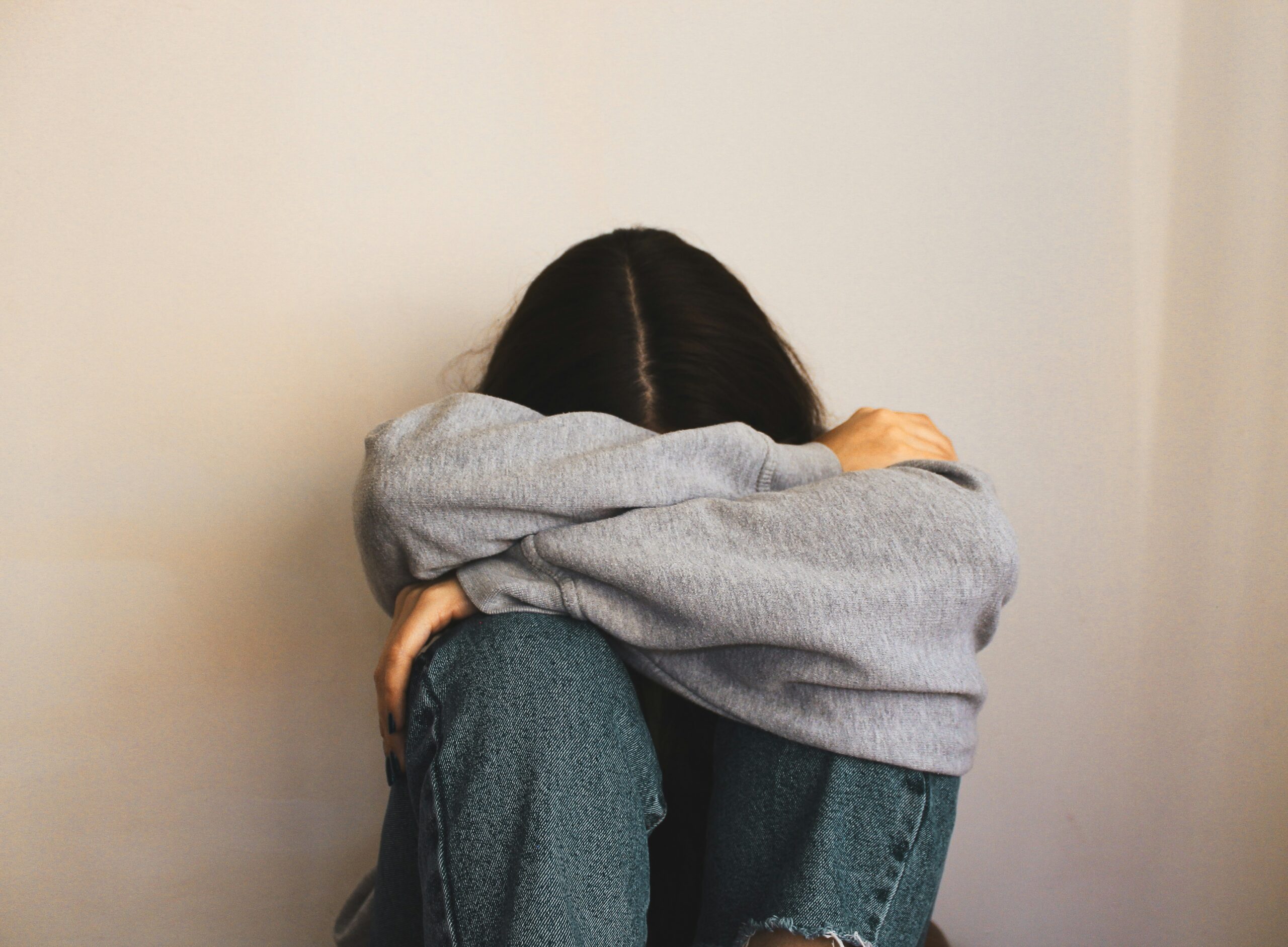Foto di Carolina su Unsplash
There are a lot of psychologists who affirm loneliness is one of the biggest issues that is spreading among people nowadays. It seems to be a paradox, since we are in a society where social media affected massively our lifestyles, behaviours and relationships, but studies can show the shocking results about this phenomenon: the 33% of the world’s population is lonely.
WHAT IS LONELINESS?
Loneliness is the feeling of being socially or emotionally isolated, even when surrounded by people. It’s not just about being alone, it’s about lacking meaningful connections or feeling misunderstood.
It’s also common to divide different types of loneliness: for example the “emotional”, when someone lacks a deep, meaningful connection with others, even if they have social interactions, or the “social loneliness”, that it’s the sensation of a person who doesn’t have a strong social network or group of friends to engage with, and this can occur due to social anxiety, or life transitions like moving to a new city. Finally there’s the worse that is chronic loneliness, a long-term state of feeling isolated, which can lead to mental and physical health problems, including stress, weakened immune function, and even increasing risk of heart disease.
SOCIAL MEDIA’S INFLUENCE
It’s true that a lot of circumstances could be crucial to let develop the feeling of loneliness in people, especially the youngest, but social media in this case, play a major role. In fact while technology connects people, it can also create superficial relationships and reduce real-life interactions; many feel “sad or upset” when they do not receive a certain number of likes or have over 1 million followers on their social media accounts. And this is a cruel reality! So online friendships can sometimes feel less meaningful than face-to-face interactions. Even if we have hundreds of followers, we might not have real friends to talk to when we feel down. And what about the famous “FOMO” (Fear Of Missing Out)? A lot of times seeing others post about their happy moments, vacations, or social events can make you feel like you’re missing out, even if those posts don’t show the full reality. And last but not least unfortunately on social media there’s negativity, bullying, or unrealistic beauty and success standards that can lower self-esteem and make people feel much more lonely.
LONELINESS IN THE TIME OF COVID-19
The COVID-19 pandemic created a wave of loneliness and isolation, especially among young people, particularly through lockdowns, social distancing, and school closures, which forced millions to stay home, cutting off in person interactions and leaving many feelings disconnected. It contributed to this phenomenon, because schools, universities, and workplaces moved online, reducing daily face to face interactions, young people lost their social routines, so no more meeting friends, attending events, or simply chatting in person. It has been undoubtedly a radical change in our life and mental health. In fact even after restrictions lifted, some people found it hard to reconnect in person, the habit of staying at home and relying on digital communication made social anxiety worse for some and nowadays mental health struggles from the pandemic still affect many young people. And in this period social media, at the same time, became a double-edged sword: while it allowed people to stay in touch, it also created feelings of comparison and inadequacy. Seeing others posting about their lives, w
WHAT IS SUGGESTED TO DO FOR FACING LONELINESS?
In the light of above, we can understand that it’s not an easy issue to solve. It’s something that needs to be “studied” by a psychologist, so who feels lonely has to be helped and encouraged. It’s important to recognise Covid-19 and social media’s effects and rebuild meaningful social interactions, for example prioritising live interactions, engaging in activities outside of screens like sports or volunteering, and openly discussing mental health in school too. These are key steps to overcome the lingering effects of loneliness. And all the people who are close to someone who needs help, have to inform specialists, especially parents and teachers who stay in contact with children, who seems to be the most affected by the sense of solitude.
working out at home, learning new skills, or spending time with family, often made people feel left out or unproductive. Again, the constant exposure to “perfect lockdown lives” increased stress and self-doubt.
By Gessica Luppino
classe 5D Liceo scientifico
